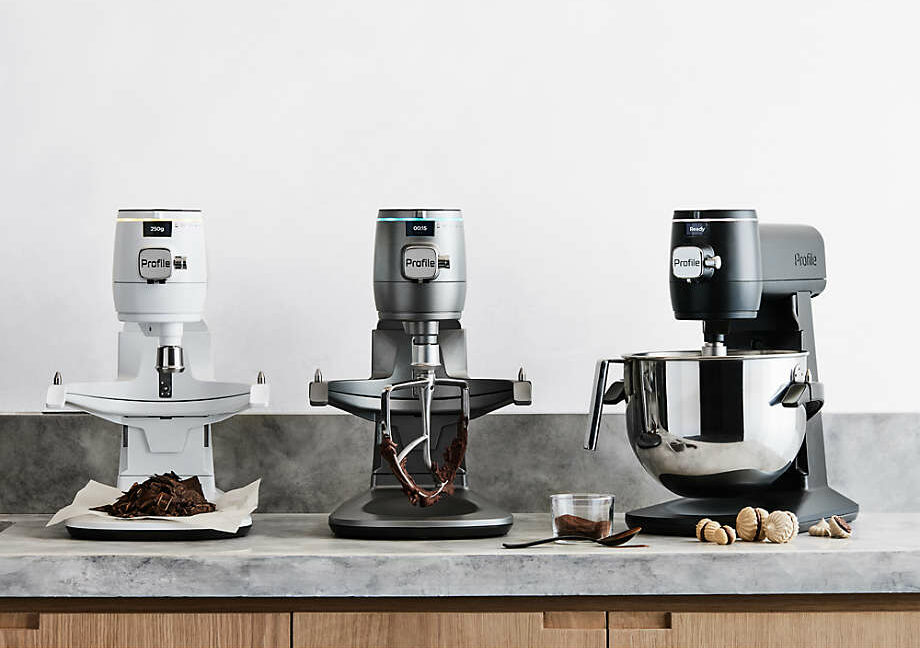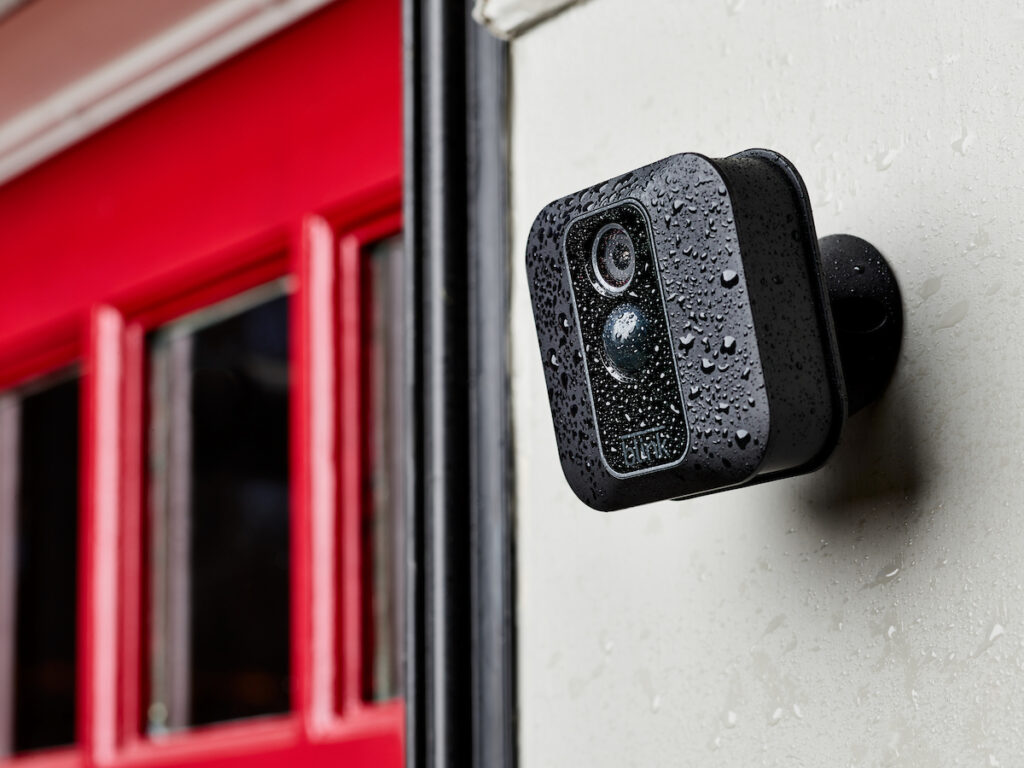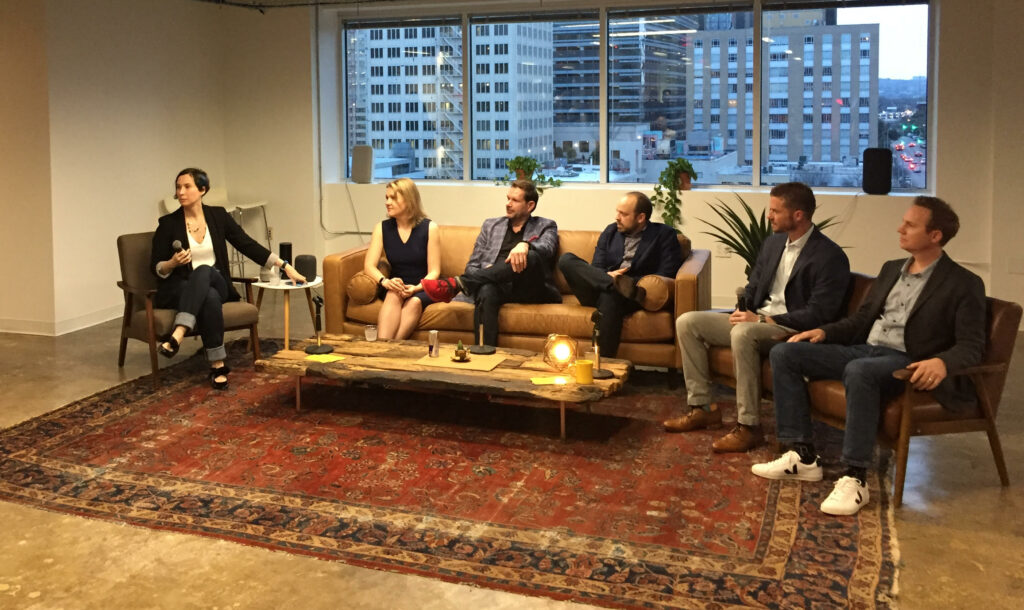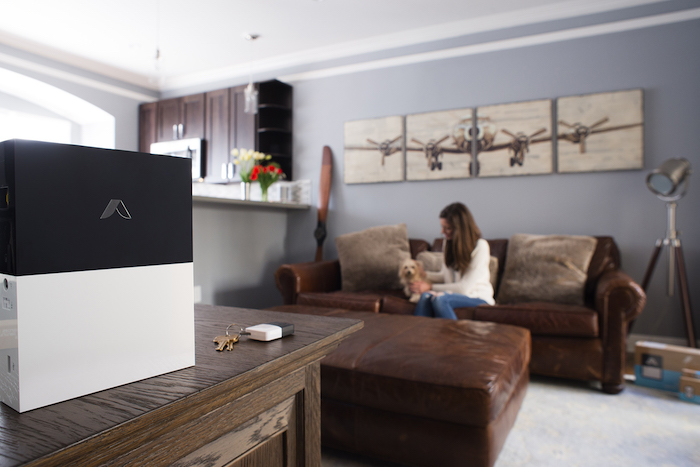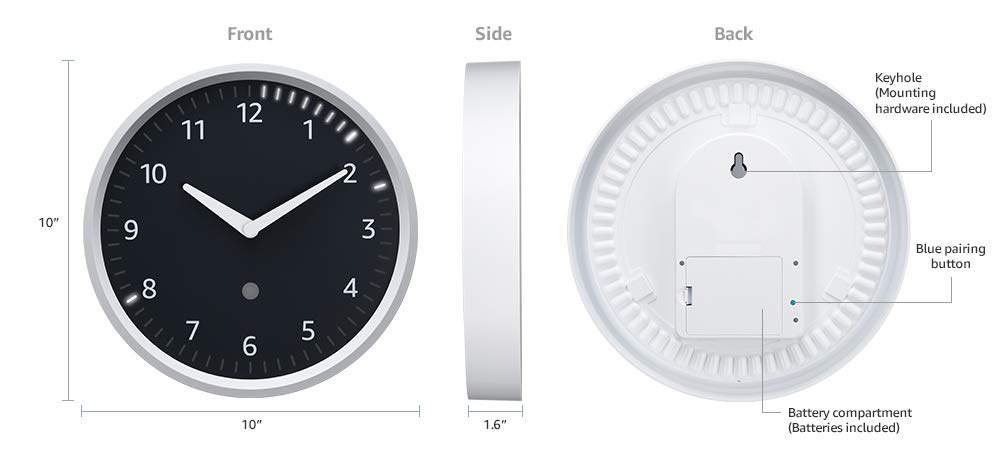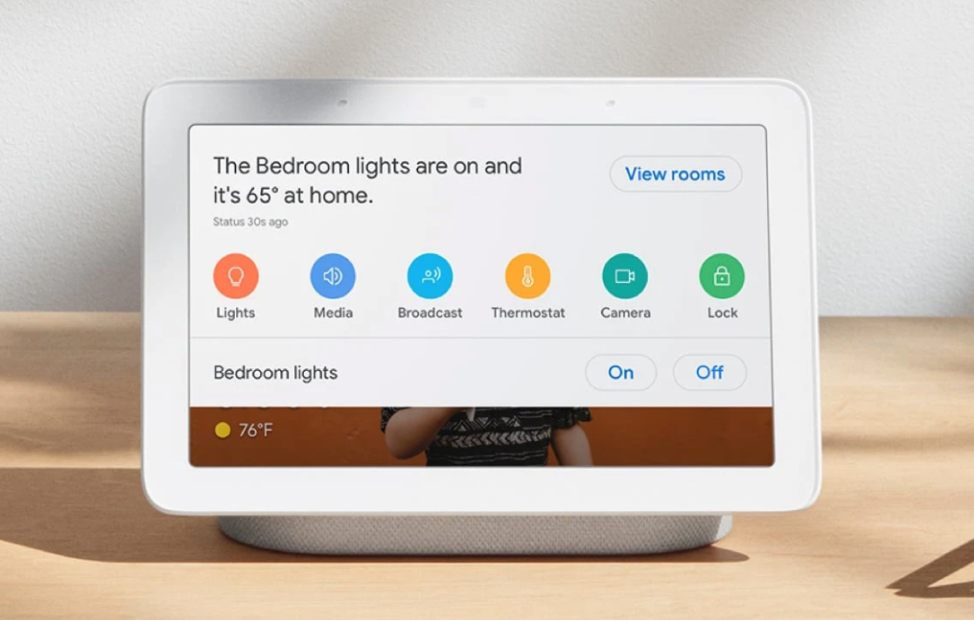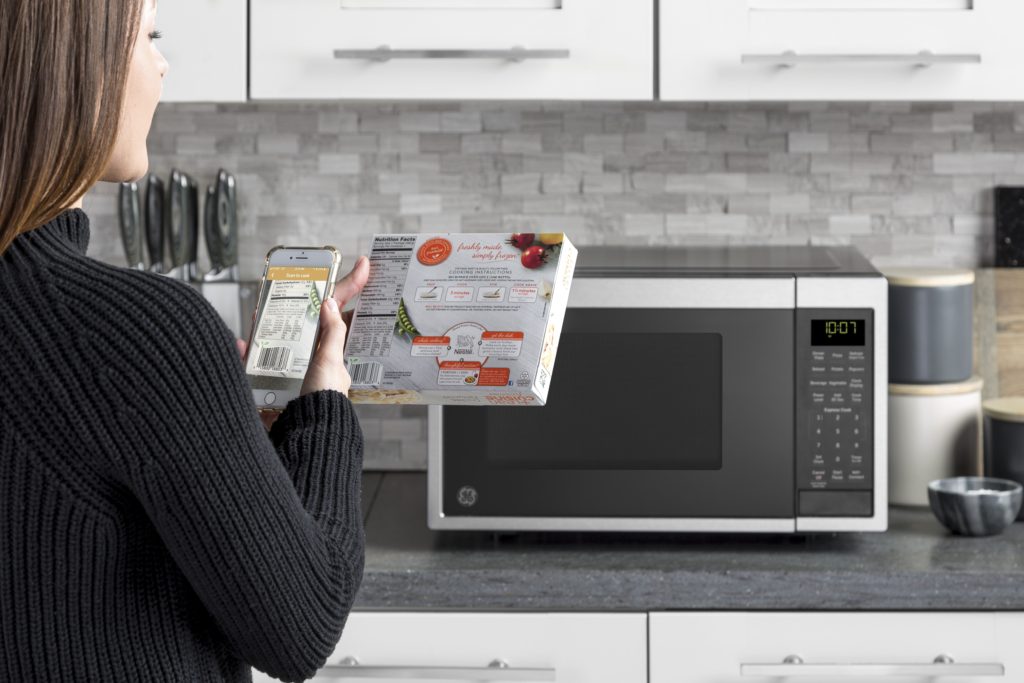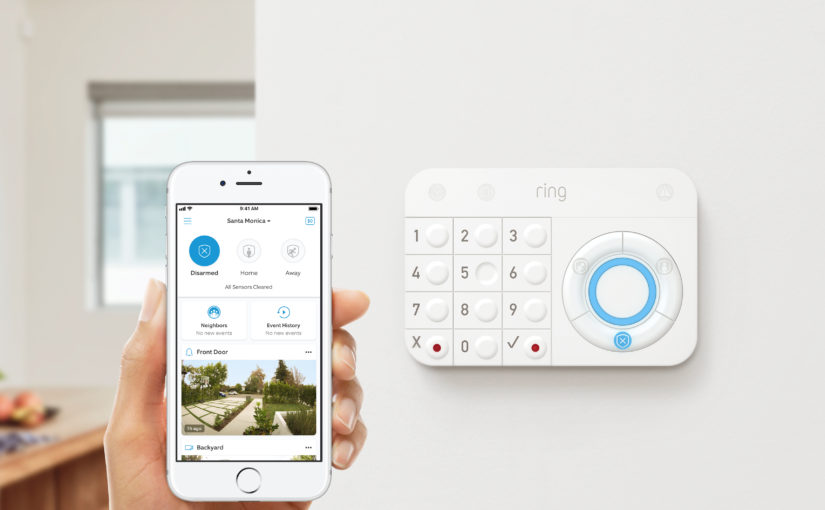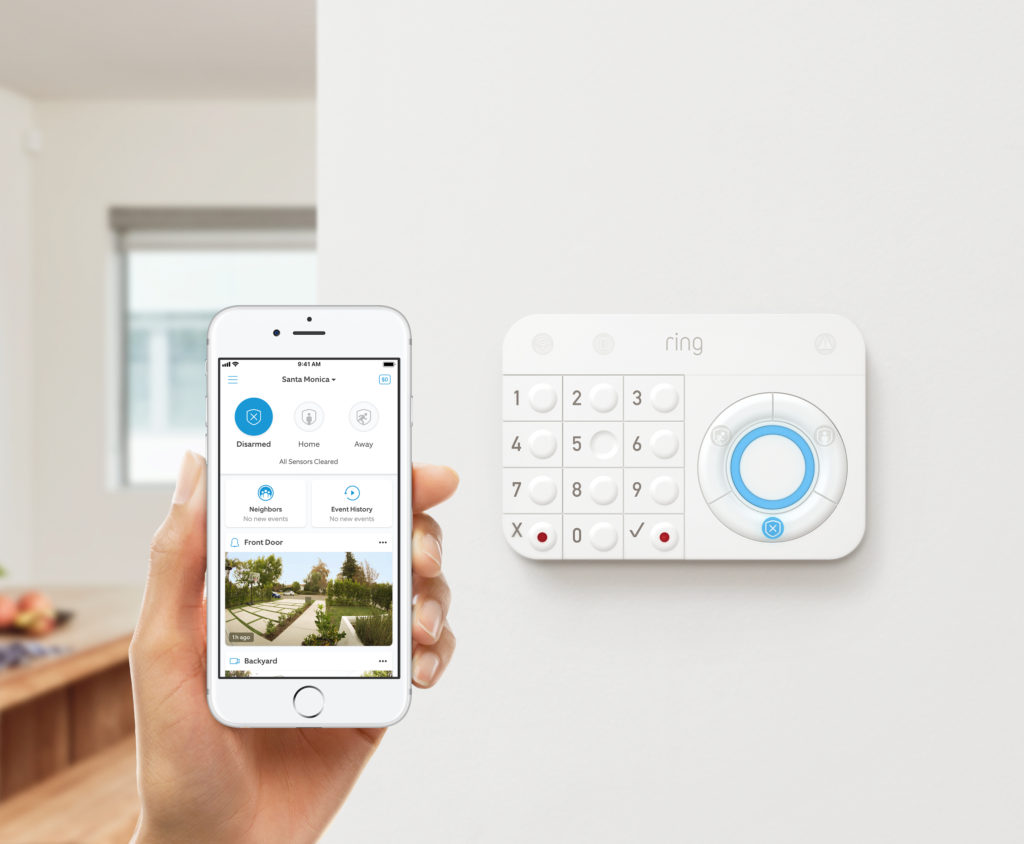This week’s show kicks off with a discussion of Apple’s new HomePod, which has some cool machine learning capabilities and new sensors built into it, plus a higher price tag than most smart speakers. Then we talk about a survey out of the UK that asked 119 appliance makers about their plans to continue updating software over the life of the appliance, finding out that some won’t commit to updates. A former Nest employee has a new connected composting startup that we have some questions about. Then we talk about some deals in the enterprise and industrial sector with the $1.2 billion acquisition of Sierra Wireless by Semtech completed, and a $7 billion hostile takeover of National Instruments by Emerson. In smaller news, we talk about what it means that Google’s new Chromecast 4K remote does away with batteries, Wyze’s new connected cameras that bring back the $20 price tag, and Kevin’s review of the Govee Smart Kettle purchased by his wife. Finally, we answer a listener question about motion sensors that don’t always work, which inspired us to create a survey asking where y’all build your smart home automations.
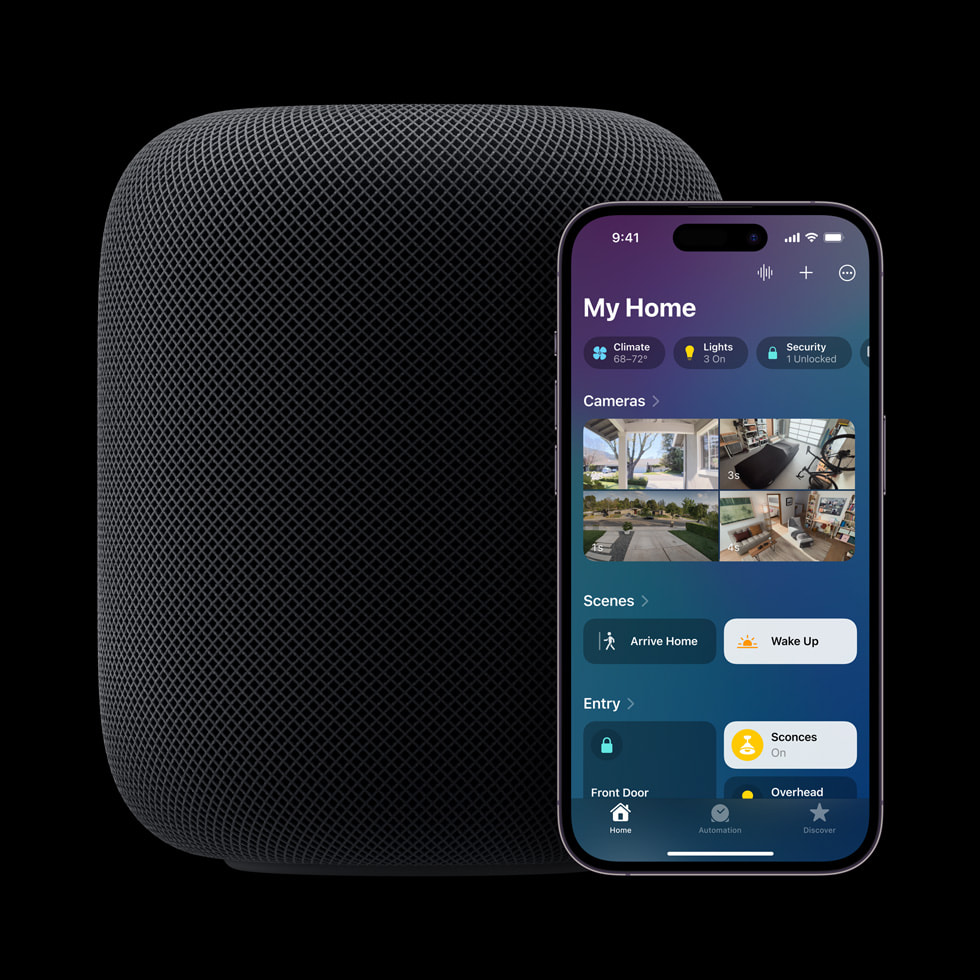
Our guest this week is Ivo Rook, COO of 1NCE, a company that provides device connectivity for 10 years at a cost of $10. Obviously this isn’t for smart phones or cameras, but for many IoT devices, this type of flat-rate pricing over a long time period makes it easy for developers to create a device and predict exactly how much it will cost to support. Rook discusses how the 1NCE mindset differs from the traditional carrier a-roach and explains the rationale behind a new operating system that 1NCE announced at CES. It’s not exactly an OS, but more of an abstraction layer for data traveling from the device to the cloud. It’s a good idea and the open, developer-friendly ethos 1NCE has is pretty exciting. Enjoy the show.
Hosts: Stacey Higginbotham and Kevin Tofel
Guest: Ivo Rook, COO of 1NCE
Sponsor: Silicon Labs
- How long will your appliances get software updates?
- Why Emerson would want National Instruments
- Kevin’s wife bought a smart kettle, and it’s pretty cool
- Rethinking the telco business model
- Is the new 1NCE OS really an OS? Does it matter?
Podcast: Play in new window | Download | Embed
Subscribe: RSS

